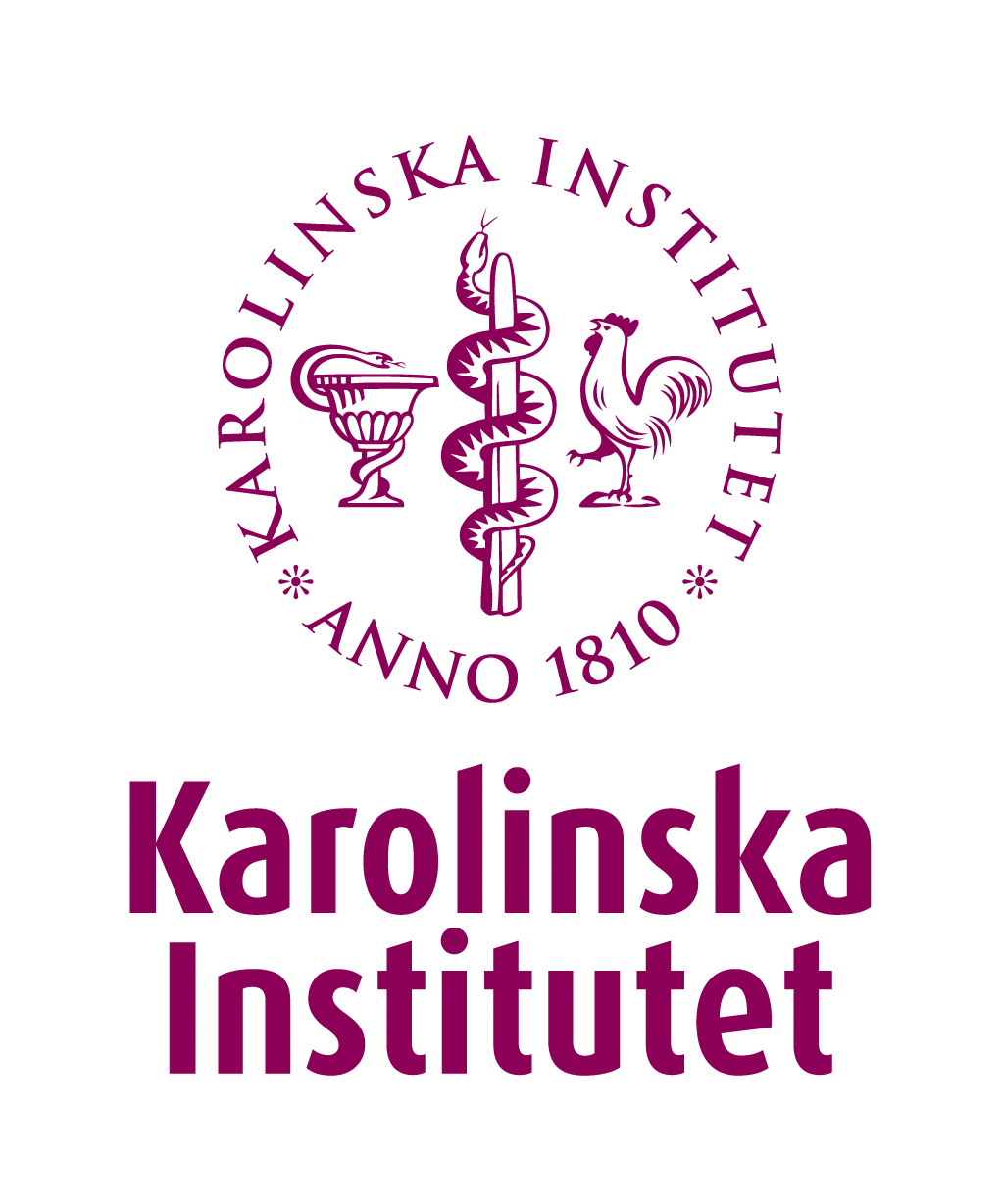Snabbfakta
-
- Oxford
Ansök senast: 2024-09-30
Postdoctoral Research Associate in Mechanisms of ubiquitin signalling within inflammation and cell death
Publicerad 2024-08-01
We are seeking
to appoint two Postdoctoral Research Associates with experience of structural biology techniques to join Dr Paul Elliott’s Lab to investigate the mechanisms of ubiquitin signalling within inflammation and cell death. The Elliott group is embedded within the Department of Biochemistry and is at the forefront of the ubiquitin signalling field. The group employs a multifaceted approach including biochemical, biophysical and structural biology techniques (NMR, protein crystallography and cryo-EM) to address fundamental questions around ubiquitin regulation and function. The post-holders will have access to state-of-the-art facilities located within the thriving Department and will employ structural biology methods to address the group’s research questions. These are full-time fixed term posts funded by the BBSRC and Cancer Research UK for up to 3 years in the first instance. The actual starting salary offered will be based on qualifications and relevant skills acquired and will also be determined by the funding available. What We Offer Your happiness and wellbeing at work matters to us, so we offer a range of family friendly and financial benefits including: • An excellent contributory pension scheme • 38 days annual leave • A comprehensive range of childcare services • Family leave schemes • Cycle loan scheme • Membership to a variety of social and sports clubs • Discounted bus travel and Season Ticket travel loans The University also runs an enormous amount of social groups and sports clubs for those looking for more than just a great place to work. About you Applicants should hold a PhD/DPhil, or be near completion of a PhD/DPhil in structural biology, biochemistry or related area and have gained experience in a wide range of structural biology experimental techniques, including cryo-electron microscopy. You will be highly motivated with a proven ability to independently and effectively manage research projects, whilst also working within a team environment. Additionally, you will have excellent written communication skills and have demonstrated your ability to produce high quality research through publication in peer-reviewed journals. Application Process












